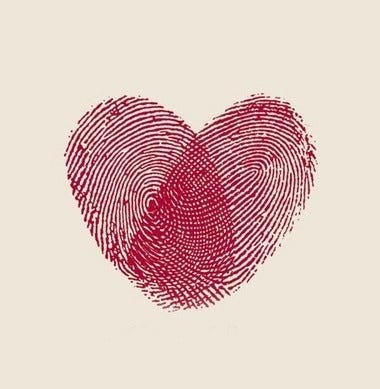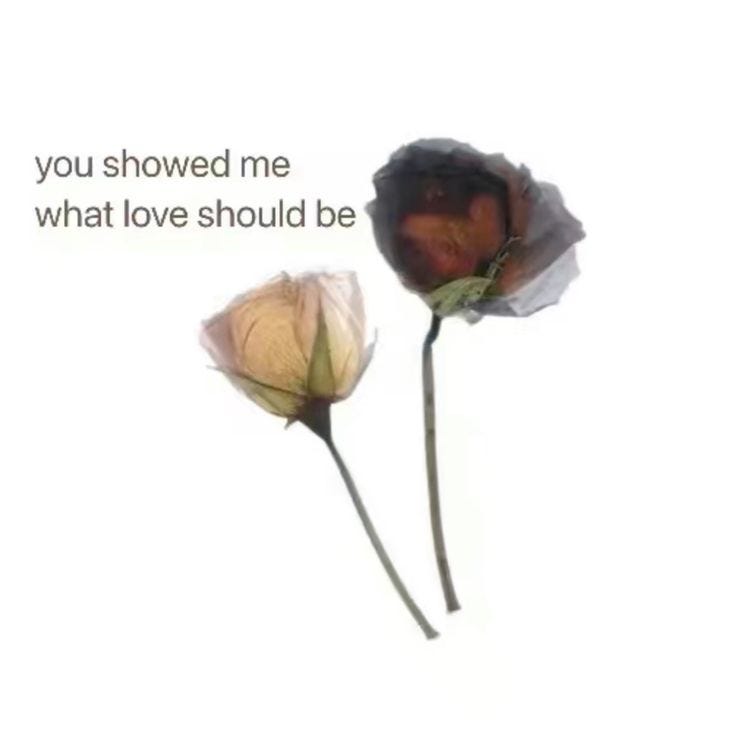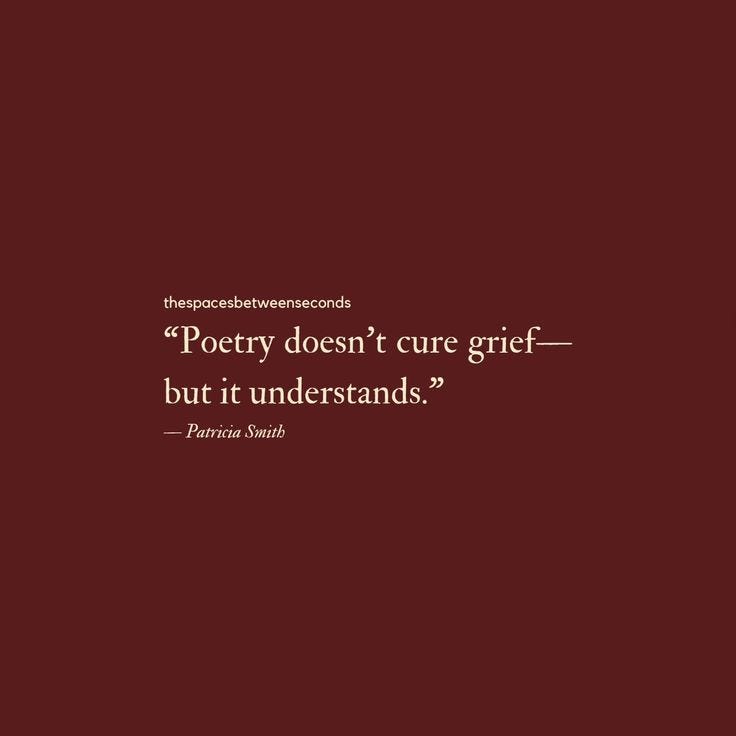The most famous idiom People often use is "Everything is fair in love and war". The origin of this idiom is from an English poet, John Lyly who wrote "The rules of fair play do not apply in love and war" Sadly this includes cheating as well. Shall we add the poetry as well, cause it's the same as the love and war "all's fair in poetry". They say that anything goes in love, poetry and war, but is that really true?
I would say it's the most ridiculous thing I ever heard in this idiom. How can someone say this like that? Noo, nothing is fair in love, poetry and war. Everything has some limits and rules to follow in society. That's why society is created if you defy the limits you will create a madhouse and you can't say everything is fair in love and war.
If you claim that everything is fair in love then why do you truly criticize a person who murdered her husband cause she wants to live with another person? Would you criticize a person who threw acid on a girl's face because he couldn't get her if she doesn't belong to him then she doesn't belong to anyone. Why do you criticise a person who cheated on her? Come on people are not property, they are not mono-poly games to play. Who's going to answer the ones who are innocent they didn't do anything they might trust them. If everything is fair would you appreciate this kinda thing nothing is fair not even love. Love doesn't permit you to do every damn single thing you desire to do. It has some limits you have to follow. Maybe it will be satisfied after you do something like that. Would ever actually be happy after the incident I would say NO. It will affect both the life of the victim as well as the one who did the wrong. It makes you a criminal nothing else and it leaves with a regret or a lifetime nightmare to you.
Moving to the subsequent part, the poetry. "all's fair in poetry" in the realm of poetic expression anything goes. Poets are conceded free rein to defy grammar and welcome boundless creativity. This celebrates poetry as the most liberated art form in the world. This means poets can actually break the rules and use them however they like. Right? I found this when I was reading some articles and this is actually a debate. The debate is about the freedom and rules of poetry. Let me share my thoughts on it.
Poetry aims to express emotions and ideas, and yea rules can get in the way, and people believe it should be free. Walt Whitman the famous poet broke the rules and created new styles we use today with a lot of creativity. Free verse poetry is a great example of unique and powerful poetry. Poets don't stick with strict patterns and rhymes instead they mainly focus on sharing the message in the best way possible. Others believe that poetry needs some structure. The challenge is for poets to be creative within the structure. Rules don't have to limit creativity rather they can guide it as a tool for powerful, unique and more meaningful works. Without the rules, we might lose the shapes and structure of the poetry and it's hard to connect with it. As modern poetry is best approach is to combine both freedom and structure. Poets can determine when to follow rules and when to break them. Rules are tools that don't have to be used all the time.
In the end, poetry is about expressing human emotions and experiences and that can be orderly or messily beautiful.
Whether poets follow rules or not, the goal is always to create something meaningful. Poetry’s strength comes from its ability to connect with people, and both freedom and structure play a part in making that happen.
The next part is the war. Everything is fair in war, which means anything can be done to win, no matter how cruel or unfair. Is it really fair?
Is it really fair to kill innocent people? Let's take an example of the recent war between Palestine and Israel conflict. Is it necessary to kill innocent people and children? No, it's definitely not fair. To kill innocent people because of the conflict.
Wars are horrible, awful, terrible and war has a set of rules countries need to follow. The rules are to protect the people and others who are not fighting. Ignoring things can lead to terrible incidents like killing people and setting up bombs and weapons that are not acceptable. If fairness isn't there innocent people are the ones who get affected their homes are destroyed, families are torn apart and they lose their lives. Doing wrong things in war doesn't just hurt the victims it also harms the people who carry them out. War without fairness can lead to anger or revenge.
Peace comes when both sides respect each other with humanity and it gives hope to the people. It reminds everyone that humanity still matters and that wars should end in justice, not suffering.
The phrase actually originates from the sixteenth century, and we are currently in 2024. The idea that everything is fair in love and war is believed by those times who believe in achieving their goals by any chance.
I am uncertain about the perspective from which the author penned this proverb, but the interpretation society has derived from it is truly unsettling. Therefore, I urge everyone to stop believing that all actions are justified in love and war. I assure you that nothing is fair; in the long term, you will come to regret your actions, especially whenever you encounter negative emotions. Take a moment to reflect that the woman you are contemplating harming could be your mother, your sister, or even your daughter. The child you are killing in a conflict could also be your own.
Song recommendations:
Lotz of love,
Ashii🩷
[The images featured in this post are not my own. They were sourced from Pinterest.]









